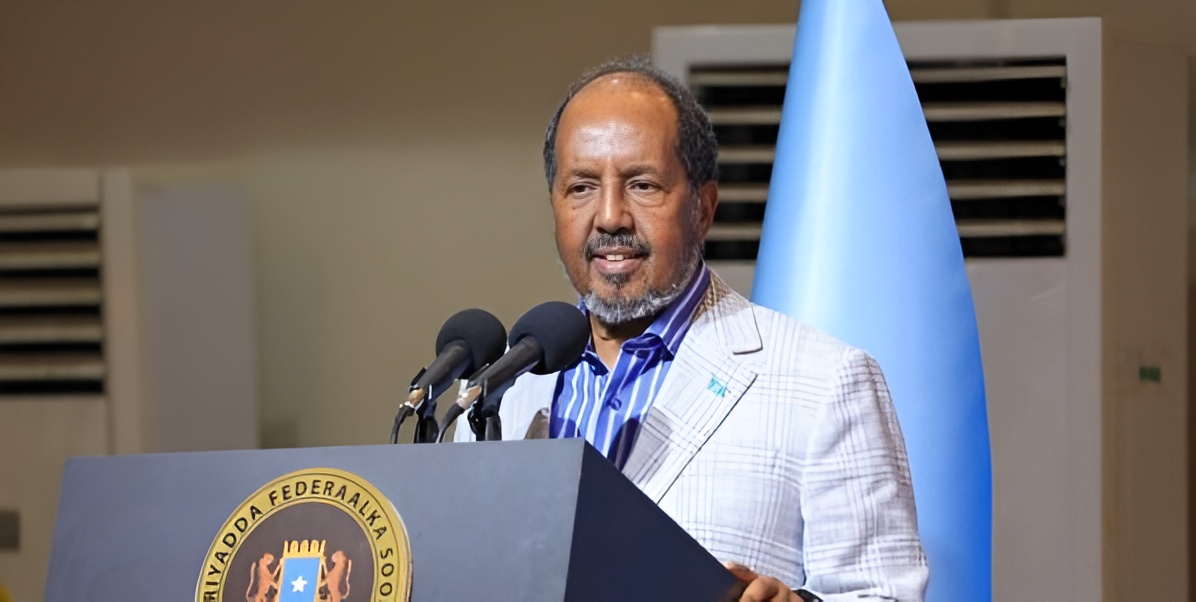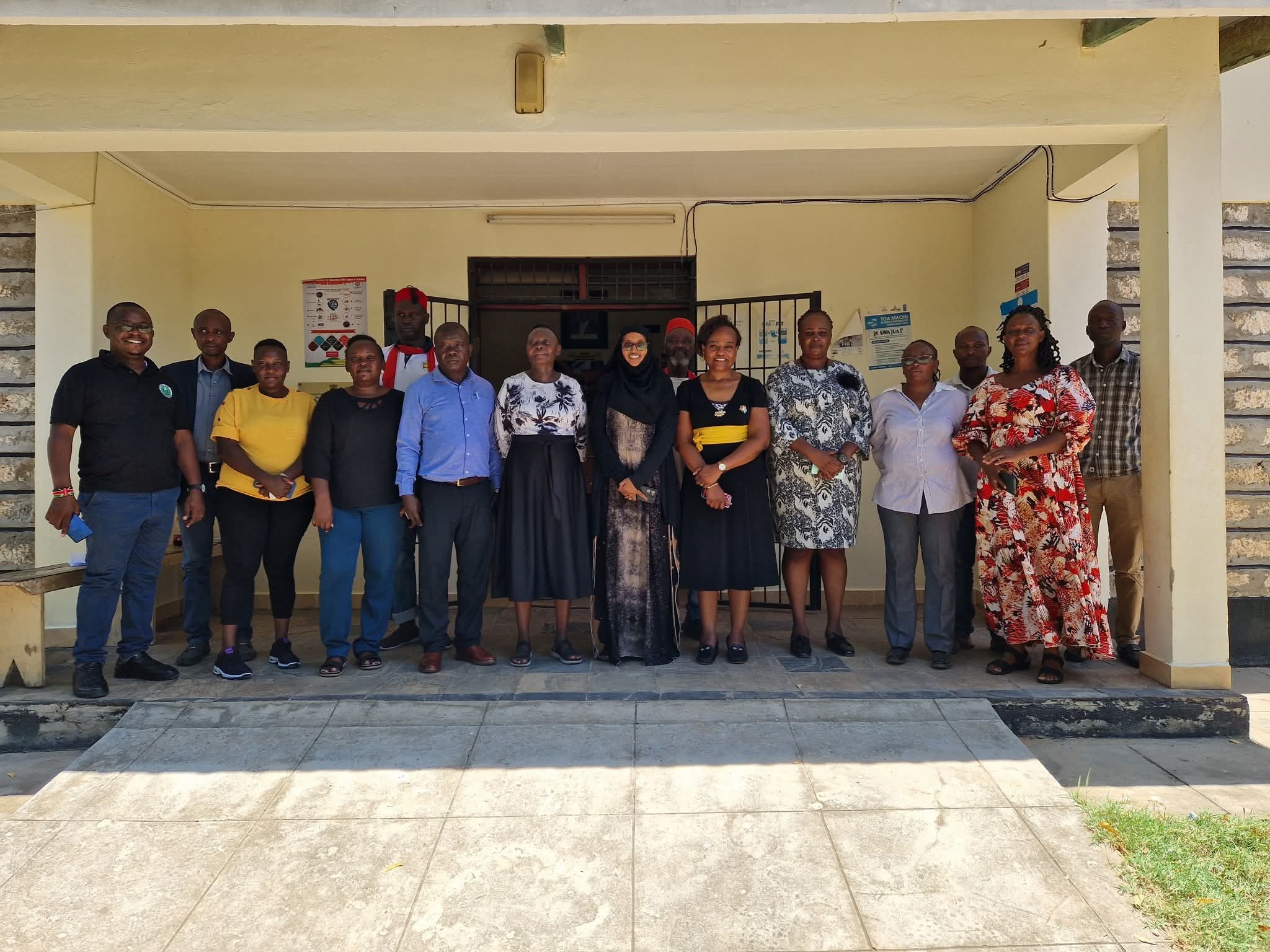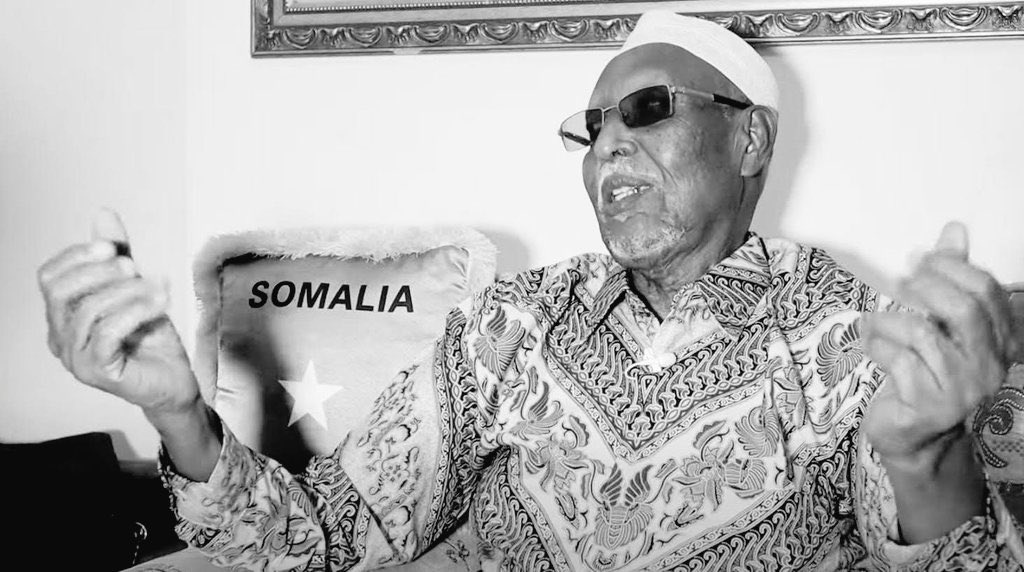WHO warns global fight against non-communicable diseases is stalling

According to WHO, NCDs, including heart disease, cancer, chronic respiratory conditions, diabetes and mental health disorders, are responsible for more than 43 million deaths worldwide every year, 18 million of which occur among people under 70.
The World Health Organisation (WHO) has raised concerns that the global fight against non-communicable diseases (NCDs) is slowing down, warning that without urgent action, the world risks severe social and economic consequences.
According to WHO, NCDs, including heart disease, cancer, chronic respiratory conditions, diabetes and mental health disorders, are responsible for more than 43 million deaths worldwide every year, 18 million of which occur among people under 70.
More To Read
- Lancet study shows planned term delivery can cut pre‑eclampsia risk by 30 per cent
- WHO calls for ceasefire after deadly attacks on civilians in Sudan kill 114, including 63 children
- Kenya and world face growing health threat as ultra-processed foods flood markets and diets
- WHO calls for urgent action to achieve universal health coverage by 2030
- Somalia on high alert as Marburg virus outbreak hits neighbouring Ethiopia
- Microplastics and heart disease: Emerging evidence of a hidden cardiovascular threat
WHO notes that millions more live with chronic illness, reducing life expectancy and economic productivity.
Kenya is already feeling the impact. Data from the Ministry of Health show that NCDs accounted for 39 per cent of deaths in 2020, up from 27 per cent in 2014. Alarmingly, more than half of these deaths were among people aged 40 years or below.
WHO’s new analysis of country-level progress between 2010 and 2019 shows that while 82 per cent of countries achieved reductions in NCD mortality during this period, “the rate of progress has slowed significantly across most regions, with some countries even experiencing a resurgence in NCD-related deaths.”
“Noncommunicable diseases and mental health conditions are silent killers, robbing us of lives and innovation,” WHO Director General Tedros Adhanom Ghebreyesus said.
“We have the tools to save lives and reduce suffering. Countries like Denmark, South Korea and Moldova are leading the way, while others are stalling. Investing in the fight against NCDs isn’t just smart economics, it’s an urgent necessity for thriving societies.”
Globally, nearly 75 per cent of deaths linked to NCDs and mental health conditions occur in low- and middle-income countries, claiming 32 million lives annually. Mental health disorders, including anxiety and depression, affect more than one billion people worldwide, cutting across all ages and income levels.
While most countries made progress in reducing the risk of premature NCD deaths between 2010 and 2019, the report shows that 60 per cent experienced a slowdown compared to the previous decade.
Denmark recorded the largest improvements for both sexes, while China, Egypt, Nigeria, Russia, and Brazil also achieved reductions. Gains were driven mainly by declines in cardiovascular disease and certain cancers, including stomach, colorectal, cervical, breast, lung and prostate cancers. However, pancreatic and liver cancers, along with neurological conditions, contributed to rising mortality in many nations.
WHO emphasised that solutions are affordable and highly cost-effective. Yet, governments often face intense lobbying from powerful industries whose products contribute to disease. Tobacco, alcohol and ultra-processed food companies frequently attempt to block, weaken or delay life-saving policies.
“It is unacceptable that commercial interests are profiting from increasing deaths and disease,” Etienne Krug, Director of WHO’s Department of Health Determinants, Promotion and Prevention, said.
“Governments must put people before profits and ensure evidence-based policy is not derailed by corporate pressure.”
WHO’s “Best Buys” include high-impact interventions such as tobacco and alcohol taxation, protecting children from harmful marketing, managing hypertension and scaling up cervical cancer screening.
The organisation notes that scaling these measures would cost an average of just US$3 per person per year, but by 2030 could save 12 million lives, prevent 28 million heart attacks and strokes, add 150 million healthy life years, and generate over US$1 trillion in economic benefits.
Other Topics To Read
- World
- Health
- Diabetes
- Cancer
- World health organisation
- respiratory illnesses
- WHO Director-General Tedros Adhanom Ghebreyesus
- WHO Director-General Tedros Adhanom GhebreyesusWHO Director-General
- Heart disease
- non-communicable diseases
- mental health conditions
- WHO warns global fight against non-communicable diseases is stalling
- Headlines
The Fourth United Nations General Assembly High-Level Meeting (HLM4) on NCDs and mental health is scheduled for September 25, 2025, in New York. Heads of State and Government are set to adopt a Political Declaration aimed at accelerating global action and investment in these critical areas.
“We know what works. The time to act is now. Governments that act decisively will protect and save lives, cut costs, and unlock growth. Those that delay will pay in lost lives and weaker economies,” Director of WHO’s Department for NCDs and Mental Health Devora Kestel said.
WHO has now urged global leaders, partners and communities to take concrete action to curb the rising burden of non-communicable diseases and mental health conditions. The agency has called for funding and implementing its “Best Buys” interventions tailored to national needs, including imposing taxes on tobacco, alcohol and sugary drinks and strengthening primary health care systems for prevention, early detection and treatment.
WHO also stressed the need to protect children from harmful marketing, expand access to essential medicines and health technologies, and secure financing through domestic budgets, health taxes and targeted aid.
In addition, the organisation has pressed governments to set ambitious targets, monitor progress with strong accountability and ensure that industry interference does not derail evidence-based health policies.
Top Stories Today











































